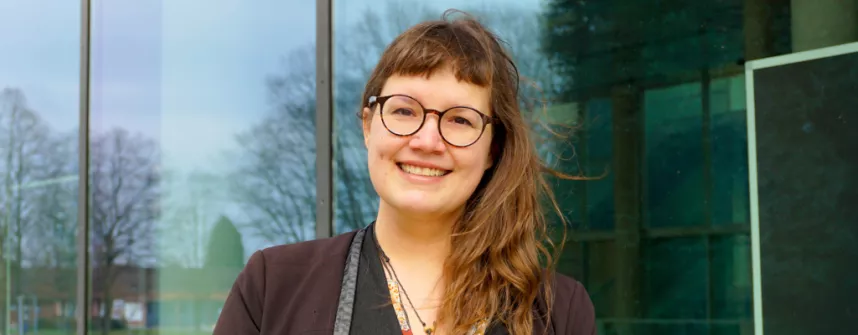Minority versus majority: research on the resource management dilemma
April 07, 2021
Who cleans the kitchen? Residents of shared apartments know the conflict: the kitchen is dirty, but no one feels responsible for cleaning it. In a new project at Jacobs University Bremen, psychologist Dora Simunovic is conducting research on conflicts and cooperation that arise when different groups share a physical space and a common resource. "How we regulate conflicts over shared resources helps determine how harmoniously we live together," said the scientist. Deutsche Forschungsgemeinschaft, the German research funding organization, is supporting the project.
Simunovic combines methods of game theory with social psychology in her research. Her project focuses on the complex relationship between heterogeneous groups with ethnic, cultural and religious diversity and resource management. For groups to survive, they must share resources in a structured way. In game theory, this resource sharing is recognized as a dilemma in which it is in the individual interest of each "player" to benefit from the shared resource without contributing anything to it.
However, if all players pursued their self-interest in this way, the common resource would collapse and the entire group would be worse off – as in the case of the kitchen. A more complex example is tax evasion. Individuals and companies use common resources funded by tax revenues, such as roads or public facilities. When they do not contribute to their maintenance, the system is weakened.
"Minority versus majority: structural determinants of conflict and cooperation in heterogeneous societies," is the title of the research project. Simunovic, who works at the Bremen International Graduate School of Social Sciences (BIGSSS), a joint institution of Jacobs University and the University of Bremen, has long been researching questions of group dynamics.
Using experiments, she shows that majority group members often assume that minority representatives will attempt to cheat to a greater extent than other majority members when managing shared resources. As a result, majorities discriminate against minority members and seek to limit their access to group resources. "Concerns about shared resources partly explain why cultural, religious, and ethnic minorities face prejudice, exclusion, and lower social mobility in our diverse societies," she pointed out.
Developing strategies to prevent these conflicts are one focus of her current research project. "At its core lies the question: How can we achieve cooperation across group boundaries so that everyone feels safe in a diverse society?"
Questions are answered by:
Dora Simunovic
Postdoctoral Researcher
Email: doras [at] bigsss-bremen.de
